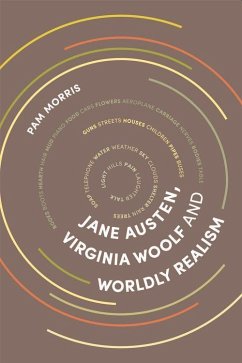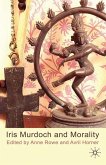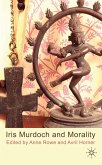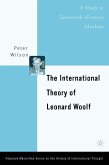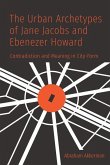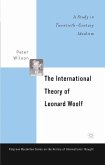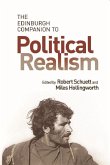'Though writing a century apart and enjoining readers to think in such different ways about human experience, Austen and Woolf are like no other novelists so much as they are like each other. Or so Morris shows. Her concept of "worldly realism" not only distinguishes the signature techniques of these two major British novelists, but also demonstrates - brilliantly, to my mind - how their very singularity links them to one another: each author brings a strain of sceptical realism derived from the Scottish Enlightenment to bear on a geopolitical world in a state of flux.' Nancy Armstrong, Duke University Who would have expected Jane Austen to be up-to-date on gun technology or Virginia Woolf to recognise the class politics of plumbing? Austen and Woolf are materialists, this book argues. 'Things' in their novels give us entry into some of the most contentious issues of the day. This wholly materialist understanding produces worldly realism, an experimental writing practice which asserts egalitarian continuity between people, things and the physical world. This radical redistribution of the importance of material objects and biological existence challenges the traditional idealist hierarchy of mind over matter that has justified gender, class and race subordination. Entering their writing careers at the critical moments of the French Revolution and the First World War respectively, and sharing a political inheritance of Scottish Enlightenment scepticism, Austen's and Woolf's rigorous critiques of the dangers of mental vision unchecked by facts is more timely than ever in the current world dominated by fundamentalist neo-liberal, religious and nationalist belief systems. Key Features - The book uses close readings from Sense and Sensibility, Mrs Dalloway, Emma, The Waves, Persuasion and The Years to demonstrate the materialist sensibilities of Austen and Woolf - It traces the anti-individualism of their view of self and consciousness as deriving from embodied experience - Each chapter foregrounds the constitutive interrelationship of things, people, social and physical worlds - The book reconceptualises a progressive view of realism - worldly realism - drawing upon Jacques Rancière's thesis that a new democratic aesthetic regime is inaugurated around the end of the eighteenth century Pam Morris is an independent researcher and writer, and previously Professor of Modern Critical Studies and Director of the Research Centre for Literary and Cultural Studies at Liverpool John Moores University. Cover design: [EUP logo] edinburghuniversitypress.com ISBN 978-1-4744-1913-0 Barcode
Hinweis: Dieser Artikel kann nur an eine deutsche Lieferadresse ausgeliefert werden.
Hinweis: Dieser Artikel kann nur an eine deutsche Lieferadresse ausgeliefert werden.

